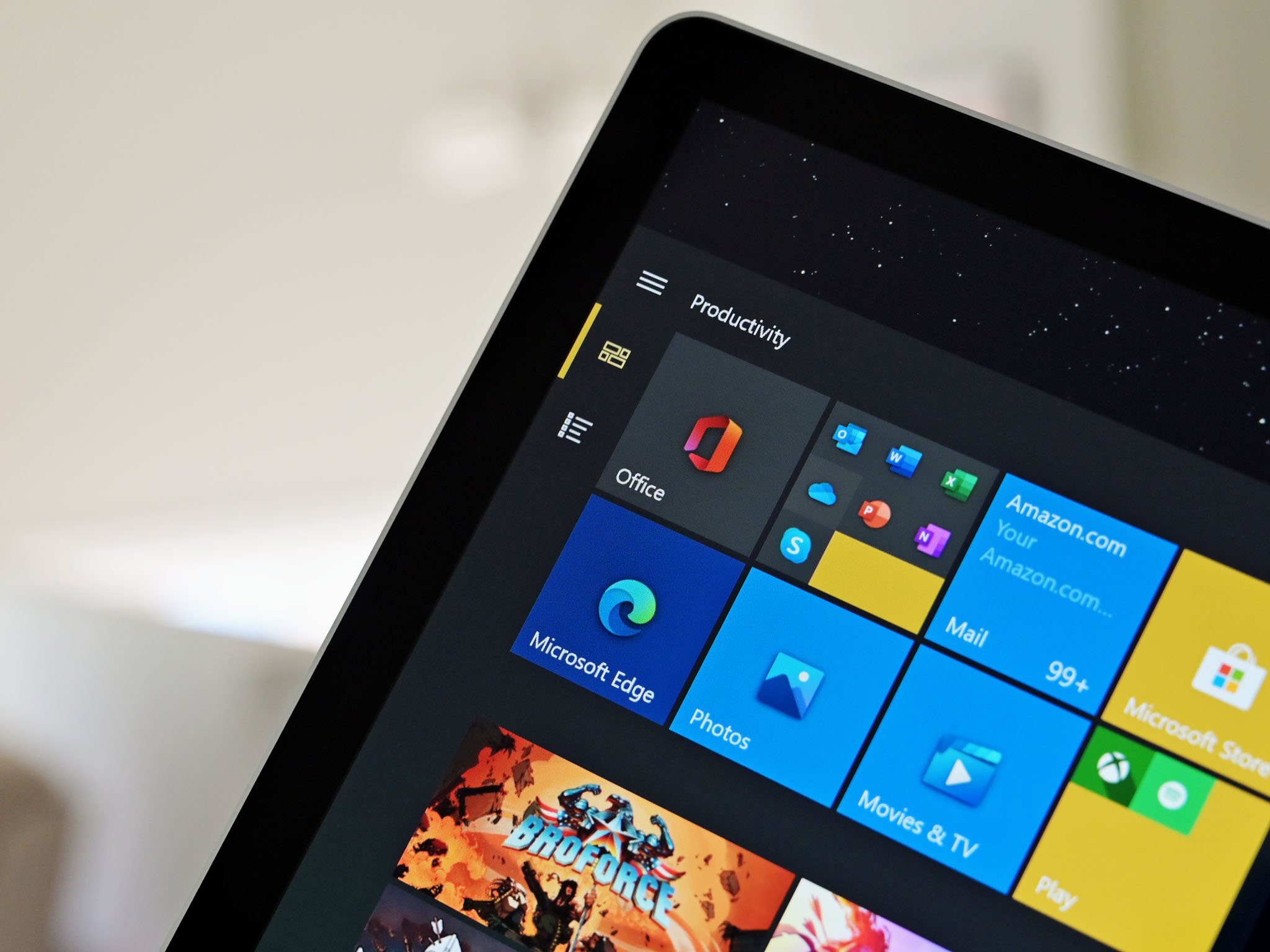Microsoft, Vivaldi, Mozilla, and Brave turn down Google's FLoC
Pretty much every browser maker but Google has pushed back against FLoC.

What you need to know
- Vivaldi, Mozilla, and Brave have come out with strong statements against Google's FLoC.
- FLoC uses your data to place you into groups for the purpose of advertising.
- Microsoft also commented on FLoC, and appears to be against it.
It turns out that browsers of a feather don't flock together. Brave, Vivaldi, Microsoft, and Mozilla have all come out against Google's FLoC (Federated Learning of Cohorts). The controversial technology is criticized by several companies due to privacy concerns.
FLoC looks at your browser history with an algorithm and puts you into a group of people with similar histories for the purposes of advertising. It's a complicated technology that many browser makers have come out against. As pointed out by The Verge Google seems to be the only browser maker that plans to use FLoC.
Brave wrote a blog post titled "A Step in the Wrong Direction" explaining why its against FLoC. One section of the post states that "FLoC is Harmful to Web Users," stating"
The worst aspect of FLoC is that it materially harms user privacy, under the guise of being privacy-friendly. Others have already detailed many of the ways FLoC is privacy harming. We note here just three aspects of FLoC that are particularly harmful and concerning.
Brave's post goes deep into details about how FLoC affects the ability for sites to track you, how FLoC handles your browsing history, and more.
Vivaldi shared a similar blog post titled "No, Google! Vivaldi users will not get FLoC'ed." It's not surprising to see Vivaldi take this stance, as it emphasizes privacy in several areas. Vivaldi calls FLoC "dangerous" and explains why it doesn't support FLoC:
At Vivaldi, we stand up for the privacy rights of our users. We do not approve tracking and profiling, in any disguise. We certainly would not allow our products to build up local tracking profiles.To us, the word "privacy" means actual privacy. We do not twist it into being the opposite. We do not even observe how you use our products. Our privacy policy is simple and clear; we do not want to track you.
Vivaldi even has a video rejecting FLoC.
Microsoft wasn't as firm against FLoC as other browser makers, but doesn't seem to be planning to utilize it. Microsoft told the Verge:
All the latest news, reviews, and guides for Windows and Xbox diehards.
We believe in a future where the web can provide people with privacy, transparency and control while also supporting responsible business models to create a vibrant, open and diverse ecosystem. Like Google, we support solutions that give users clear consent, and do not bypass consumer choice. That's also why we do not support solutions that leverage non-consented user identity signals, such as fingerprinting. The industry is on a journey and there will be browser-based proposals that do not need individual user ids and ID-based proposals that are based on consent and first party relationships. We will continue to explore these approaches with the community. Recently, for example, we were pleased to introduce one possible approach, as described in our PARAKEET proposal. This proposal is not the final iteration but is an evolving document.
Microsoft's comments on fingerprinting suggest that Microsoft isn't a fan of FLoC.
Mozilla also doesn't plan to use FLoC in Firefox. Mozilla told The Verge:
We are currently evaluating many of the privacy preserving advertising proposals, including those put forward by Google, but have no current plans to implement any of them at this time.We don't buy into the assumption that the industry needs billions of data points about people, that are collected and shared without their understanding, to serve relevant advertising. That is why we've implemented Enhanced Tracking Protection by default to block more than ten billion trackers a day, and continue to innovate on new ways to protect people who use Firefox.Advertising and privacy can co-exist. And the advertising industry can operate differently than it has in past years. We look forward to playing a role in finding solutions that build a better web.
The majority of criticism from the companies revolves around transparancy and how much data FLoC shares with sites. It's unclear how this many browsers turning it down will affect FLoC going forward.

Sean Endicott is a news writer and apps editor for Windows Central with 11+ years of experience. A Nottingham Trent journalism graduate, Sean has covered the industry’s arc from the Lumia era to the launch of Windows 11 and generative AI. Having started at Thrifter, he uses his expertise in price tracking to help readers find genuine hardware value.
Beyond tech news, Sean is a UK sports media pioneer. In 2017, he became one of the first to stream via smartphone and is an expert in AP Capture systems. A tech-forward coach, he was named 2024 BAFA Youth Coach of the Year. He is focused on using technology—from AI to Clipchamp—to gain a practical edge.

